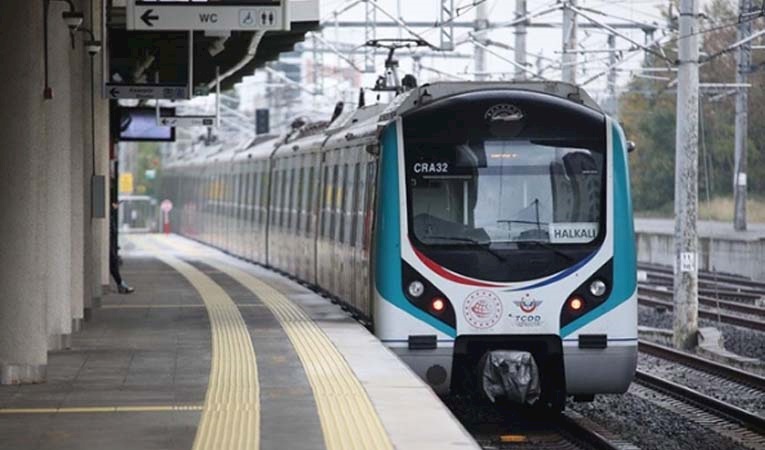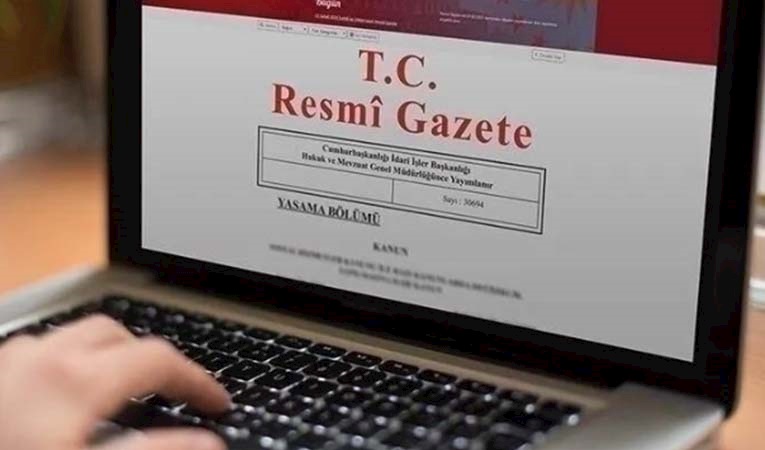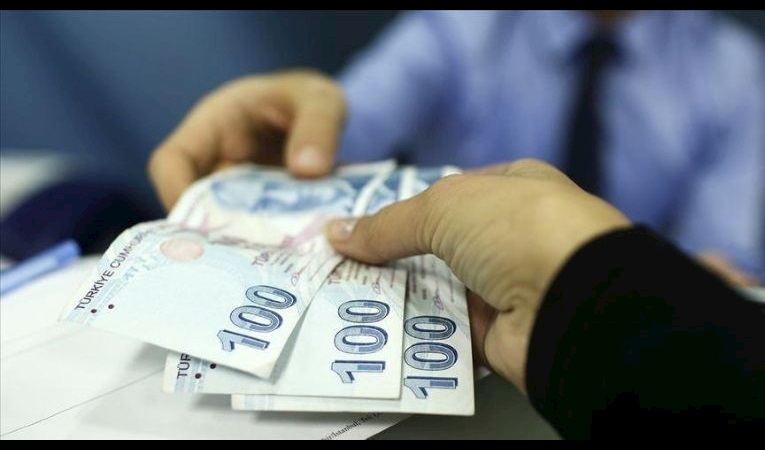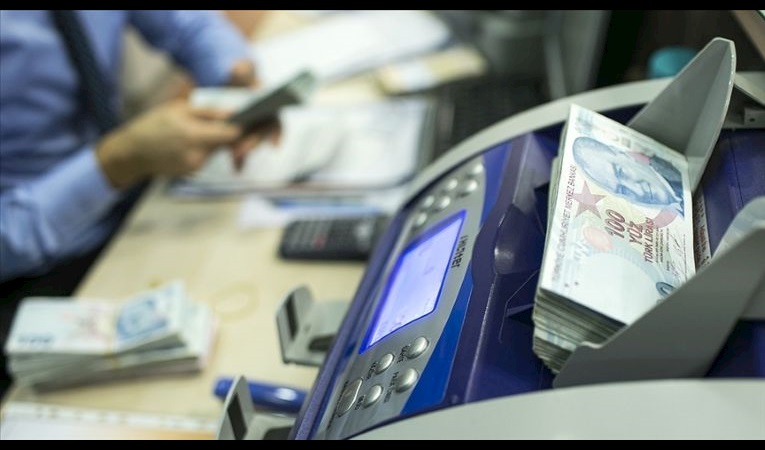
-
BIST 100
 10056,92%0,59En Düşük9986,70En Yüksek10090,62
10056,92%0,59En Düşük9986,70En Yüksek10090,62 -
DOLAR
 40,05%0,01Alış40,0456Satış40,0495En Yüksek40,0834
40,05%0,01Alış40,0456Satış40,0495En Yüksek40,0834 -
EURO
 46,96%0,05Alış46,9605Satış46,9684En Yüksek47,0598
46,96%0,05Alış46,9605Satış46,9684En Yüksek47,0598 -
EUR/USD
 1,17%-0,09Alış1,1714Satış1,1715En Yüksek1,1732
1,17%-0,09Alış1,1714Satış1,1715En Yüksek1,1732 -
ALTIN
 4235,02%-0,37Alış4234,81Satış4235,24En Yüksek4259,86
4235,02%-0,37Alış4234,81Satış4235,24En Yüksek4259,86
-
BIST 100
 10056,92%0,59En Düşük9986,70En Yüksek10090,62
10056,92%0,59En Düşük9986,70En Yüksek10090,62 -
DOLAR
 40,05%0,01Alış40,0456Satış40,0495En Yüksek40,0834
40,05%0,01Alış40,0456Satış40,0495En Yüksek40,0834 -
EURO
 46,96%0,05Alış46,9605Satış46,9684En Yüksek47,0598
46,96%0,05Alış46,9605Satış46,9684En Yüksek47,0598 -
EUR/USD
 1,17%-0,09Alış1,1714Satış1,1715En Yüksek1,1732
1,17%-0,09Alış1,1714Satış1,1715En Yüksek1,1732 -
ALTIN
 4235,02%-0,37Alış4234,81Satış4235,24En Yüksek4259,86
4235,02%-0,37Alış4234,81Satış4235,24En Yüksek4259,86
- Anasayfa
- Haberler
- Tüm Haberler
- New Normal Strategies From The Governor
New Normal Strategies From The Governor
In the aftermath of the global crisis, people were saying: “Nothing in the economy will ever be the same again.” To support this view, there were those who drew attention to the “new normal” condit...
In the aftermath of the global crisis, people were saying: “Nothing in the economy will ever be the same again.” To support this view, there were those who drew attention to the “new normal” conditions. Central Bank Governor Durmuş Yılmaz agrees with this view. Capital listened to Durmuş Yılmaz, the most powerful person in the economy and money markets in Turkey, as he explained what these new economic norms will bring and their effects on the business community.
- The New Normal Realities
I believe that nothing will ever be the same in the economy or on the markets. As a result, our old habits have been broken. We shall see what kind of balances will come in the future. Today the G8 and G10 have left the task to the G20. Some very valuable ideas are being produced. But it is not clear how these ideas will be applied in countries. - The New Global Institutions
At the moment people are talking about an institution similar to the BRSA. The Financial Stability Forum is being transformed into the Financial Stability Institute. The countries which are members of the G20 have become members of this. And they are meeting very frequently. These efforts will continue in 2010 and things are becoming increasingly difficult. These institutions will now say to the countries: “OK, we have formulated them, now you apply them.” - What Impact Will The New Norms Have On Us?
In this new era, there may be changes in the institutions with which the central bank communicates. But at the Turkish Central Bank we did not do anything out of the ordinary in our existing monetary policies. Maybe the following will happen: transactions which are conducted in parallel to global developments on the securitization and over-the-counter markets will be registered and begin to be conducted in organized markets. And these developments may have a number of repercussions for Turkey. - The Role Of Central Banks
People are discussing the role of central banks. One of the things that is being discussed is the operating framework regarding the management of liquidity in the way that central banks apply their monetary policies. Another subject is this: I wonder whether central banks should accept responsibility for putting an end to overinflated asset prices. But no consensus has appeared in this regard. Moreover, there are fierce discussions about the restructuring of auditing and monitoring. - Continuing Growth In The World
How strong and how sustainable is the economic recovery that has appeared? My answer is this: When the PMI Index goes above 50 then this means an economic upturn. The number of countries over 50 is not more than 6-7. Turkey has been over 50 since June but it has fallen a little from its peak. In order for an economic recovery to be sustainable, this figure must record a consistent increase. - Interest Rates In The New Era
We had the power through the interest rate changes we had applied to date to influence long-term interest rates. But the situation we are in now means that this has been weakened a little. If everything goes very well in the period ahead and capital begins to flow into the country, then there will be a correction in Turkey’s risk premium. If there is a downturn in economic activity and there is recessionary pressure again, this could give us some room for maneuver on interest rates. We shall closely follow what happens. - Will Foreign Investment Decline?
Total global liquidity will not be the same as before. A large proportion of the current liquidity is from the public sector, I mean it consists of resources created by the central banks. Inspite of all of these things, if we continue to do everything correctly in Turkey, then, depending on the upturn in the global economy, capital inflow will continue. - Foreign Exchange Policy After The Crisis
Does the Central Bank really have the power to do what it wants to do when it comes to the exchange rate? No, we don’t have the power. The second thing is that the Central Bank is trying to fulfill the responsibilities entrusted to it. This responsibility is ensuring price stability. When there is such a currency regime, it is impossible to act as if there was a fixed exchange rate regime. You do not have the right to expect this from us. As long as the framework is as it is, the CB will continue its current policies. - Will It Continue With Foreign Exchange?
Our goal here is as follows: The monetary policies we are applying seek to continually reduce this. In the situation we find ourselves in at the moment, the TL needs to be strong and interest rates low. Now we need to maintain fiscal discipline, prudent monetary policy, single digit interest rates and single digit inflation. - The TL’s Era Of Strength
As long as things are done well in Turkey, political stability is maintained and macro reforms continue to be implemented intelligently, the TL will continue to strengthen over the next 5-10 years. When we look at Turkey’s current demographic structure, the opportunities it offers, its labor market and the structure of its economy, the exchange rate will increase even more in Turkey. - Is The Budget Deficit A Risk?
The good and bad here are relative. While making our positions and forecasts related to inflation and monetary policy, we take into account the nature of public sector receivables and the resultant data. We shall monitor this throughout the year. - Banks And Credits
I think that an environment in which the economic recovery is continually accelerating and demand for credit is rising will increase the banks’ appetite for providing loans. Everybody is agreed that the Treasury’s medium-term borrowing requirements and its debt rollover rate need to be reduced. I think that in 2010 the banks will earn money by competing on the credit market. - Political Risk/Elections
Every factor that affects our operational framework is a datum for us. As a result, if there is a negative impact on the data as the result of an early general election in Turkey then the CB will react to this. But we believe that everything will take place within a democratic framework and that everything will start and finish at the ballot box. - Growth Which Does Not Create Work!
There is currently a decline in unemployment. But it is not to the desired level. At the moment, the rate is 3.5 percentage points higher than last year. One percent of this is the result of an increase in the foreign exchange rate and some of it is the result of the economic contraction. What needs to be done here in the future is to enact the necessary social security reforms and increase the level of long-term savings.
M. Rauf Ateş
[email protected]
Türkiye ve dünya ekonomisine yön veren gelişmeleri yorulmadan takip edebilmek için her yeni güne haber bültenimiz “Sabah Kahvesi” ile başlamak ister misiniz?






